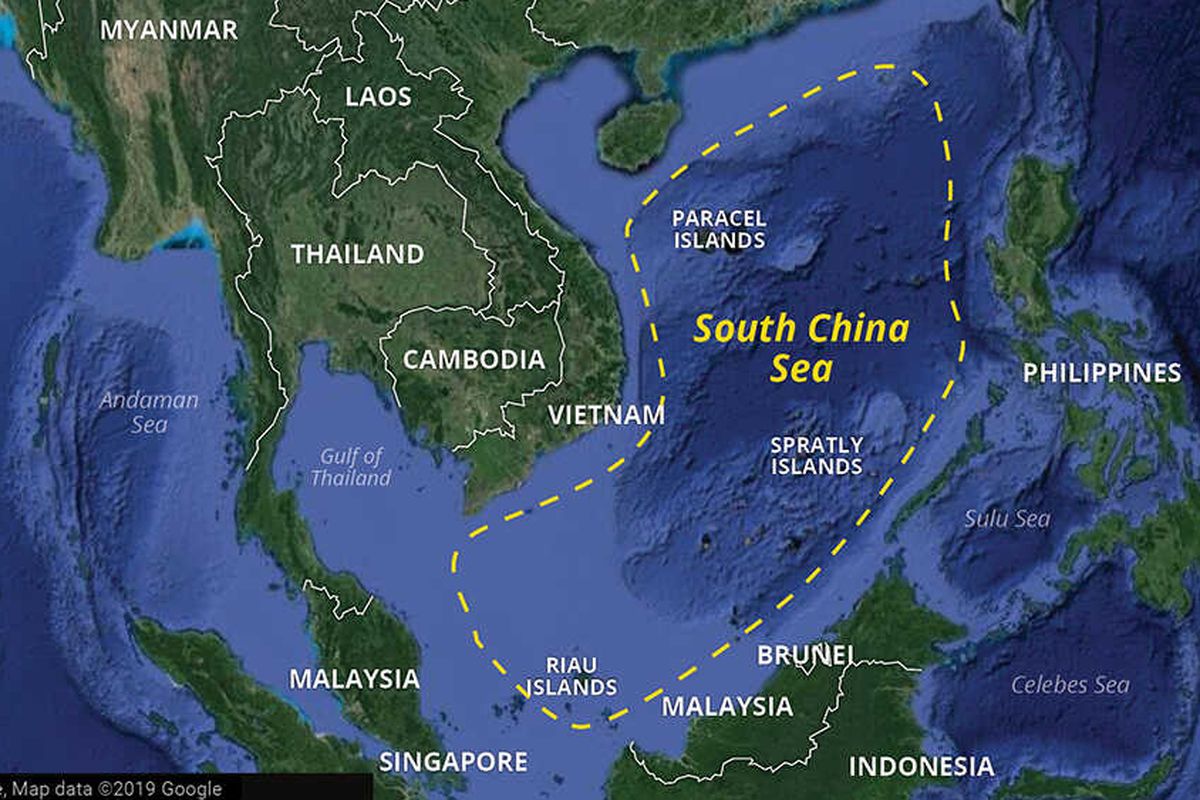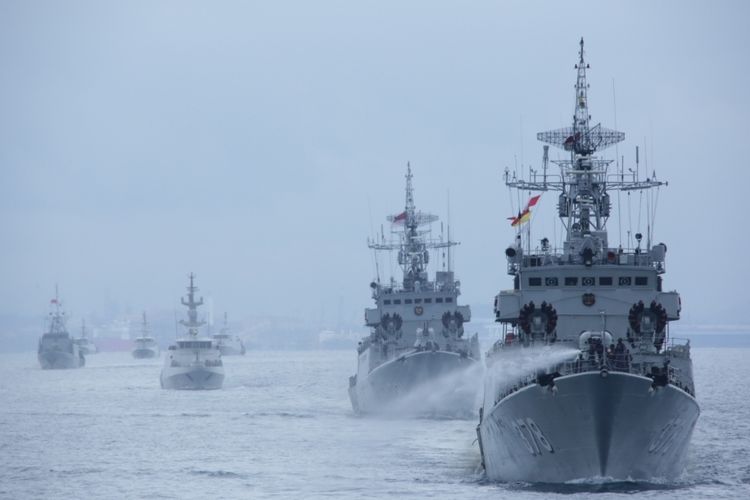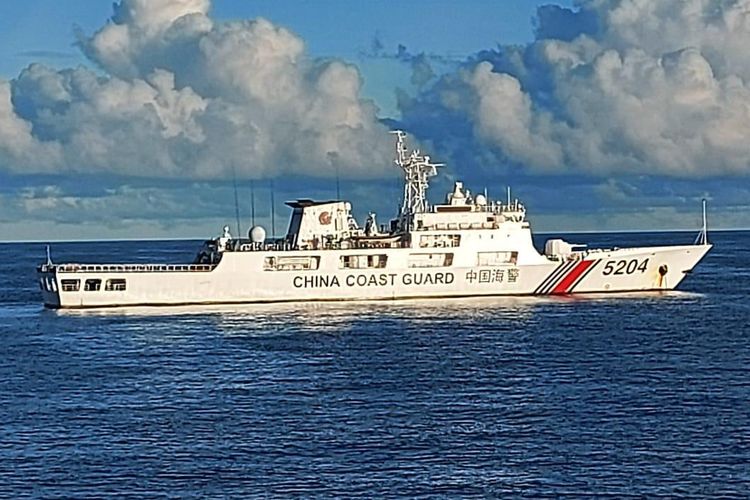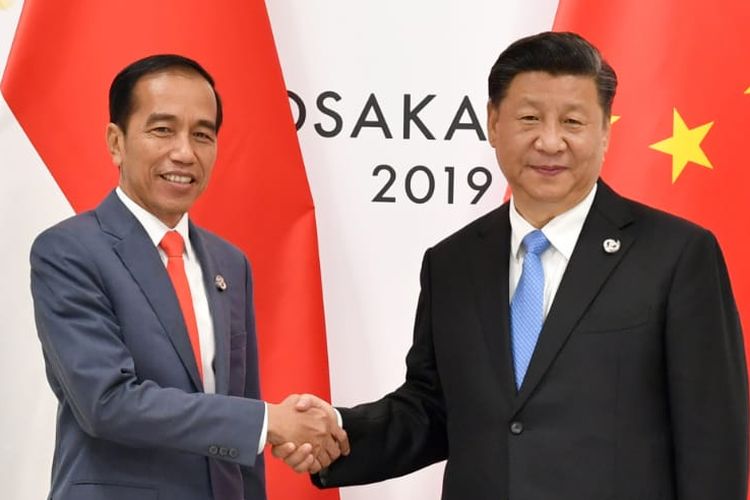
KOMPAS.com - China's new law allowing its coast guard to “open fire” on foreign vessels is causing serious anxiety in the Philippines, Vietnam and Japan. The move may help China to create a quasi-military presence even in sea areas where its navy is absent, analysts say.
The Philippines, one of several countries with competing claims to portions of the South China Sea, has lodged a formal protest describing the law as "a verbal threat of war.”
Japanese Defense Minister Nobuo Kishi has said that Japan holds “major doubts” about the law and regards it as “absolutely unacceptable.”
The law gives China’s coast guard, technically meant for policing the seas, authority to board and inspect foreign vessels in waters claimed by China and to demolish any structures built on Chinese-claimed reefs.
Also read: Foreign Ships Continue Illegal Fishing in Indonesia's North Natuna Sea

The coast guard has also been authorized to create temporary exclusion zones “as needed” to stop foreign vessels and personnel from entering Chinese-claimed waters.
Implications for others
The move has implications for Vietnam, Malaysia, Indonesia and the Philippines, all of which have long-standing claims to portions of the South China Sea. China claims jurisdiction over almost all of the resource-rich and strategically important body of water.
“It is not only about Taiwan and the South China Sea, but also about the territorial claim it holds against Japan over the Senkaku (Diaoyu) Islands in the East China Sea,” Yoichiro Sato, professor at the Ritsumeikan Asia Pacific University in Japan, told VOA.
 Indonesian Navy ships on the South Natuna Sea, Wednesday (25/11/2020)
Indonesian Navy ships on the South Natuna Sea, Wednesday (25/11/2020)Collin Koh Swee Lean, research fellow at the Institute of Defense Studies in Singapore, said the new law gives Beijing a certain legal cover for its actions in the South China Sea.
It also feeds into Beijing’s portrayal of China as a party which tries to promote maritime stability by relying on its coast guard instead of using its navy.
Given the timing of the law, there is also a debate on whether Beijing is trying to test the resolve of the new U.S. administration of President Joe Biden to stand up for countries in and around the South China Sea and the East China Sea.
“Seeking to drive a wedge between Washington and its regional allies, Beijing has thrown a gauntlet to the new Biden administration,” said Mohan Malik, visiting fellow at the Near East South Asia Center for Strategic Studies of the U.S. Department of Defense.
 A Chinese Coast Guard vessel escorted out of the Exclusive Economic Zone by Indonesian maritime forces off the Riau Island, Monday (14/9/2020)
A Chinese Coast Guard vessel escorted out of the Exclusive Economic Zone by Indonesian maritime forces off the Riau Island, Monday (14/9/2020)Also read: Indonesian Maritime Forces Intercept China Coast Guard Vessel in North Natuna Sea
“Beijing's deployment of bigger and more powerful ‘coast guard’ ships in the South China Sea for ramming purposes indicate a serious escalation in the maritime disputes,” he said.

































